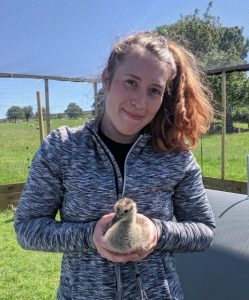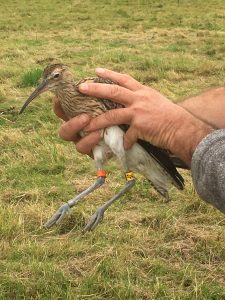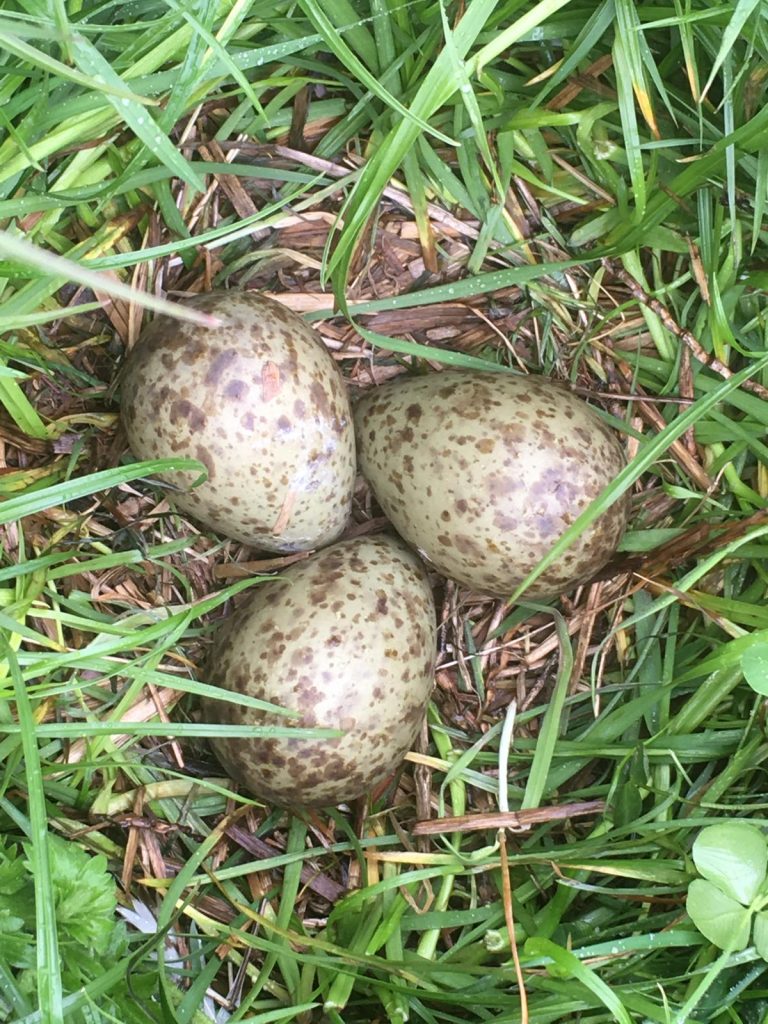 It seems we are living in unprecedented times, with COVID-19 looming over all our shoulders waiting to strike when we least expect it. Like many others during these trying times, I’ve been worrying about the effect it might have not directly on myself, but on my loved ones who are unlikely to withstand the pressure should this nasty illness take hold of them. Luckily in some ways, my family live far away, so it is no great effort for me to keep my distance. However, human nature yearns for social contact, and I worry about the effect of isolation on the mental health of all of us now we have been put on ‘lockdown’.
It seems we are living in unprecedented times, with COVID-19 looming over all our shoulders waiting to strike when we least expect it. Like many others during these trying times, I’ve been worrying about the effect it might have not directly on myself, but on my loved ones who are unlikely to withstand the pressure should this nasty illness take hold of them. Luckily in some ways, my family live far away, so it is no great effort for me to keep my distance. However, human nature yearns for social contact, and I worry about the effect of isolation on the mental health of all of us now we have been put on ‘lockdown’.
I have been working with Curlew Country for almost 4 years now. I have been a part of the project as it has grown and transformed in response to the urgent need to help the local curlew population. I’ve always considered it to be a privilege to be involved in such an innovative project, and last years’ successful headstarting work the Wildfowl and Wetlands Trust partnered Curlew Country was amazing to be a part of. The technical avicultural expertise brought a whole new dimension to the work of the project and I was fortunate to be most involved with hands-on work.
If I turn back the clock to a month or so ago, I can imagine a feeling of excitement and anxiety starting to brew. 2020 was going to be my season to lead headstarting for Curlew Country. At the end of February, I attended an avian incubation course led by some of the World’s experts. The 5 day long intense learning experience was fascinating and helped me feel far more prepared for the coming season and my responsibility for 50 precious eggs. Although I still am sad to not be re-joined by the fantastic aviculturist team from WWT, I felt excited to be trialling a new system for headstarting. Due to cost limitations, we would be relying far more on the help of our dedicated volunteer team, but luckily for us many of these already have previous experience working with birds and their eggs. We have been searching for some interns to join us too, who would be willing to learn from the unique experience headstarting brings to the table. We were set for a season of new possibilities, and I set to work to start detailed planning of the headstarting operation.
to brew. 2020 was going to be my season to lead headstarting for Curlew Country. At the end of February, I attended an avian incubation course led by some of the World’s experts. The 5 day long intense learning experience was fascinating and helped me feel far more prepared for the coming season and my responsibility for 50 precious eggs. Although I still am sad to not be re-joined by the fantastic aviculturist team from WWT, I felt excited to be trialling a new system for headstarting. Due to cost limitations, we would be relying far more on the help of our dedicated volunteer team, but luckily for us many of these already have previous experience working with birds and their eggs. We have been searching for some interns to join us too, who would be willing to learn from the unique experience headstarting brings to the table. We were set for a season of new possibilities, and I set to work to start detailed planning of the headstarting operation.
The planning stage has involved a lot of writing. Writing up equipment lists, risk assessments, biosecurity protocols, agendas, training notes and rotas. Trying to work out the pinch points in the headstarting process has been crucial, as that is when we are likely to require most additional assistance. A key time is late May and early June, as this is when there are still eggs being incubated, chicks in the rearing tanks, and chicks in the outdoor pens, all of which need to be looked after and checked regularly.
The team meeting that took place just a week ago now feels so out of date with the news of coronavirus constantly shifting and advice changing. At the meeting, we discussed plans A, B and C for the season. A depressing enough topic but still managing to keep hold of a silver lining and I had hoped that it may yet happen. Skip forward to today, and the news has finally set in that what we’ve been working towards cannot go ahead. The risk to people involved with the project including all our farming partners and dedicated volunteers is too great.

Even without headstarting, we planned to go out to protect nests and monitor the returning pairs. We still have a good number of electric fence kits ready to go, and the nest monitoring is far more of an isolating duty that that of headstarting. Excitingly this year we are hoping that some of the 21 curlew released in 2018 will be returning to breed, and checking for colour rings is the only way to know for sure how many have come back.
If the Country is put into lockdown our plans are likely to change again, with far more detriment to our work. It amazes me how quickly this virus is changing the world around us, and in such a short space of time. I am sure our society will eventually recover from this crisis, but at what cost is yet to be seen. The enforced slow down is having some positive effects on the environment, with reports of pollution clearing and nature returning to areas around the globe.
For me at Curlew Country, it means a shift in my working priorities. Moving my brain away from all the minutiae of headstarting and working out other tasks that I can proactively undertake from the safety of home. This time will allow us some breathing space, to get all the tasks which take a backbench when the priorities of each season force their way to the front of the queue. We achieve a lot, but partly because we firefight, it will be positive to have the opportunity to catch up. If nothing else, I take solace in the fact that 2021 looks likely to be our most organised season yet… C may be for Curfew.

